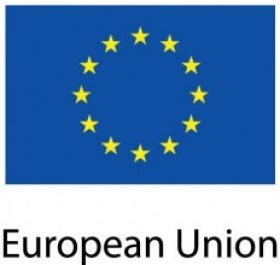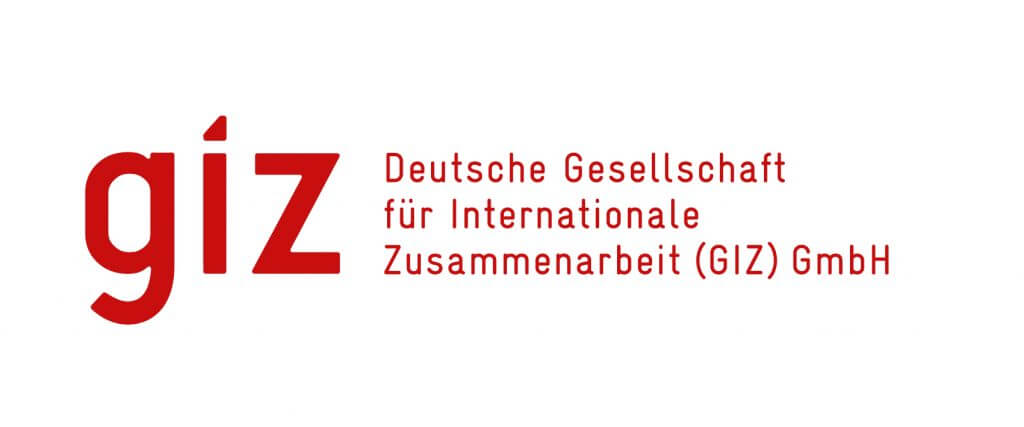
Qingdao, the largest city in Shandong Province, is a low carbon pilot city and has committed to achieve carbon emission peaking by 2020. To meet this commitment, the city has developed a pipeline of ambitious GHG emissions reduction projects some of which are twinned with climate adaptation projects. The result of these investments will be a large improvement in the quality of life of Qingdao citizens in terms of lower pollution levels, increased ease of mobility and improved housing conditions and amenities.
The investments set out in this pipeline require significant levels of financing – far beyond the routine capital budget of the city.
The Shandong provincial government has established a $1.5 billion Shandong Green Development Fund (SGDF) with financial assistance from the Asian Development Bank. This Fund has been established specifically to assist local governments and other actors to make investments that will lower GHG emissions and reduce vulnerability to climate change. The Fund has rigorous criteria for eligibility that reflect the investment criteria of the Green Climate Fund (GCF) which has partnered with ADB for the implementation of the SGDF.
The existence of the SGDF offered an opportunity for the city to cooperate with the EC-Link project in order to assist city agencies in preparation of pre-feasibility studies (PFS) of some of their projects so as to meet the eligibility criteria of the SGDF, i.e. to make these bankable. In providing this assistance the EC-Link project developed formats and guidelines intended to formulate and document these projects. The aim is to showcase green financing, which is increasingly available in China, and to motivate other cities to follow suit. These formats and guidelines will be of use to many Chinese cities as the push for more green development intensifies. The guidelines provided examples of best practice derived from EU experience.
EC-Link agreed to assist in the documentation of two pilot projects in green building, energy efficiency and in electric mobility – important sectors in which the city is investing heavily in pursuit of low carbon development. The projects are:
1 Comprehensive Energy Efficiency Improvement Project for Existing Buildings Project; and
2 Green Public Transportation System Demonstration Project.
EC-Link provided significant support to this project, which helped the project development and increased its bankability through a Pre-feasibility study process. In doing so EC-Link established a linkage between the two projects – creating the basis of a “green corridor” with coordinated emissions reduction investments. The EC-Link project helped to identify the sources of green financing and steered the project preparation to meet the specific requirements of the Shandong Green Development Fund. The detailed Technical Support included: (i) developing the projects to maximise green impacts and to document these impact so as to meet the eligibility criteria of downstream green financing, through rigorously documenting the results of the Pre-Feasibility Study; and (ii) impart stakeholder capacity building and training on green finance. Qingdao has expressed the wish to further collaborate in the development of other green projects.








Head of Cluster
Sustainable Transition – Infrastructure & Cities, Mobility, Energy, Environment & Circular Economy
Deutsche Gesellschaft für Internationale Zusammenarbeit (GIZ) GmbH
